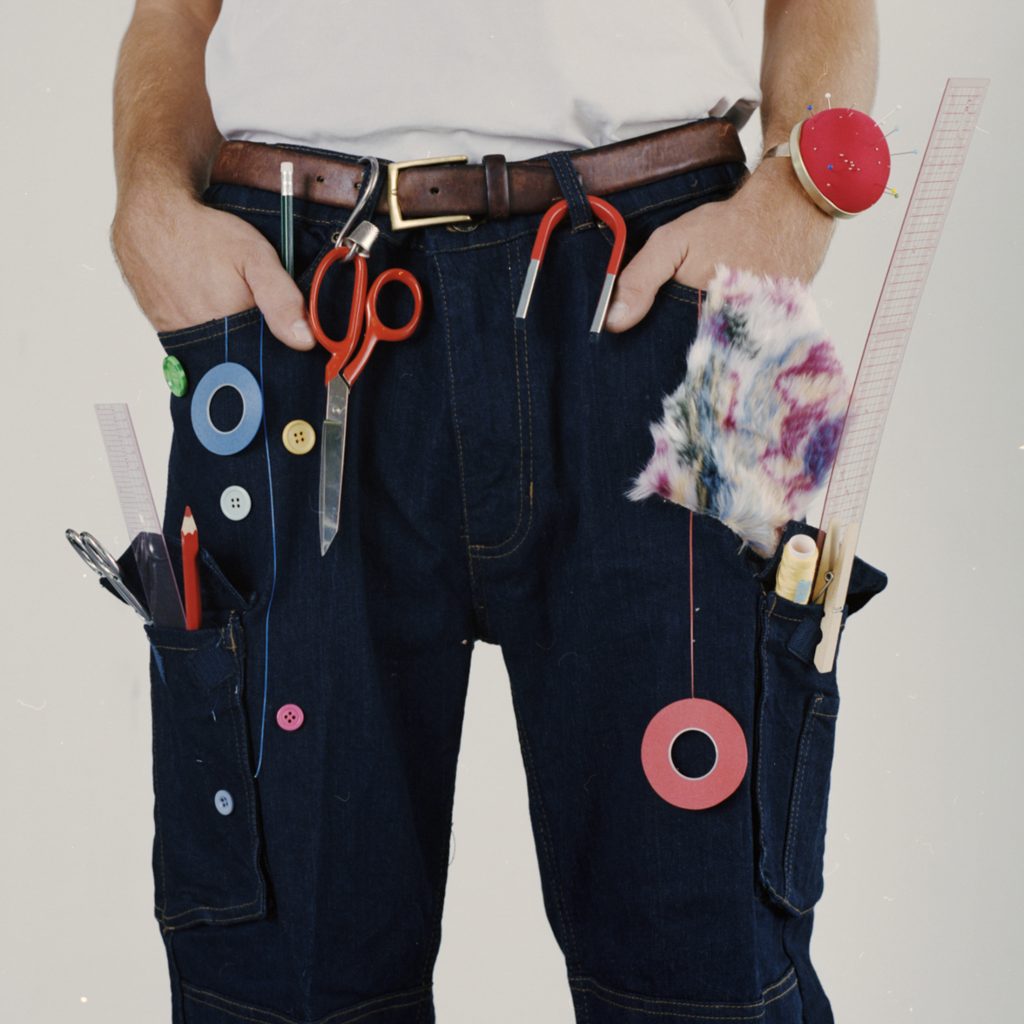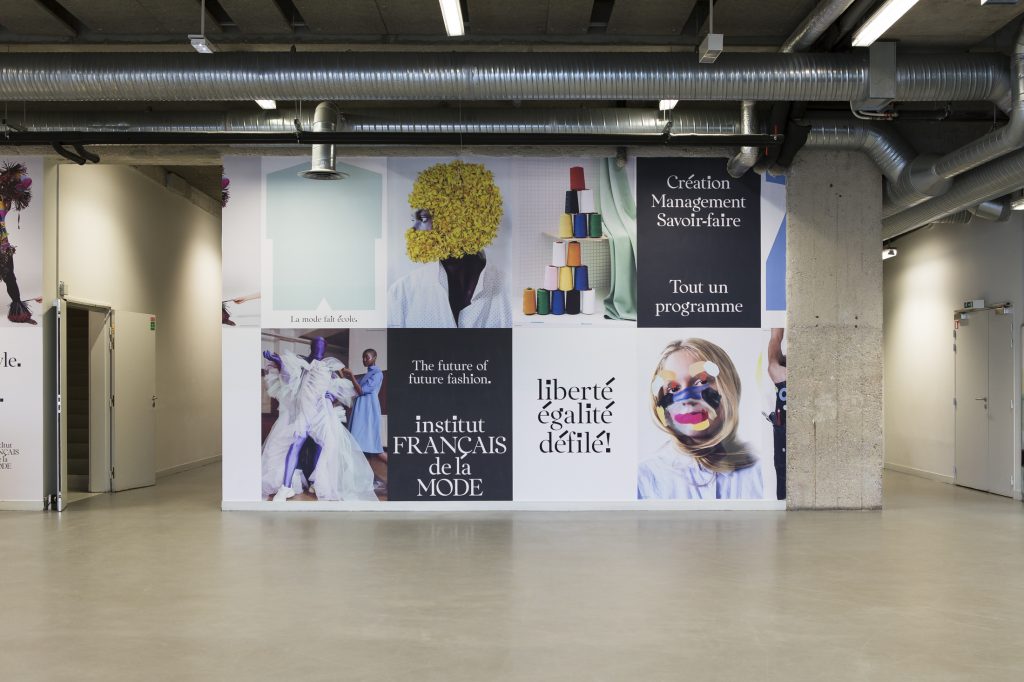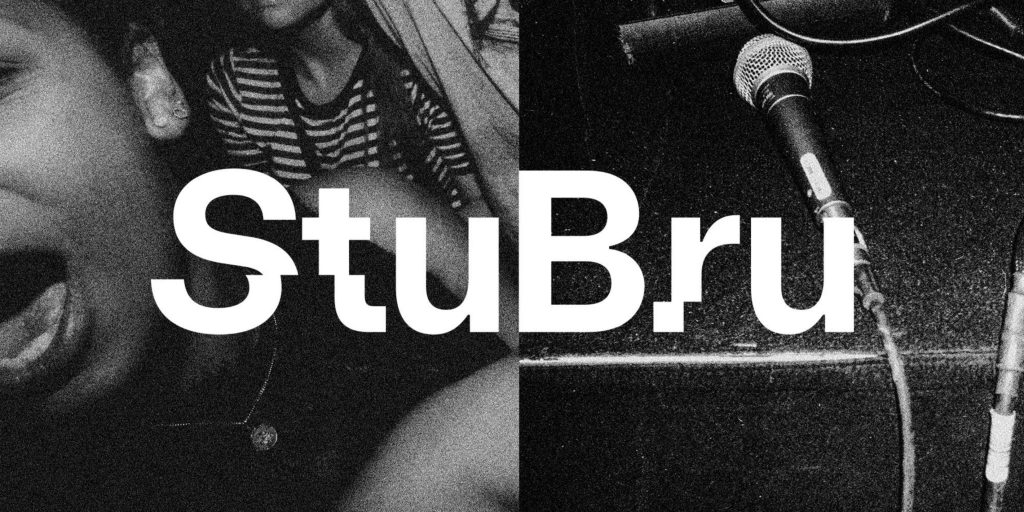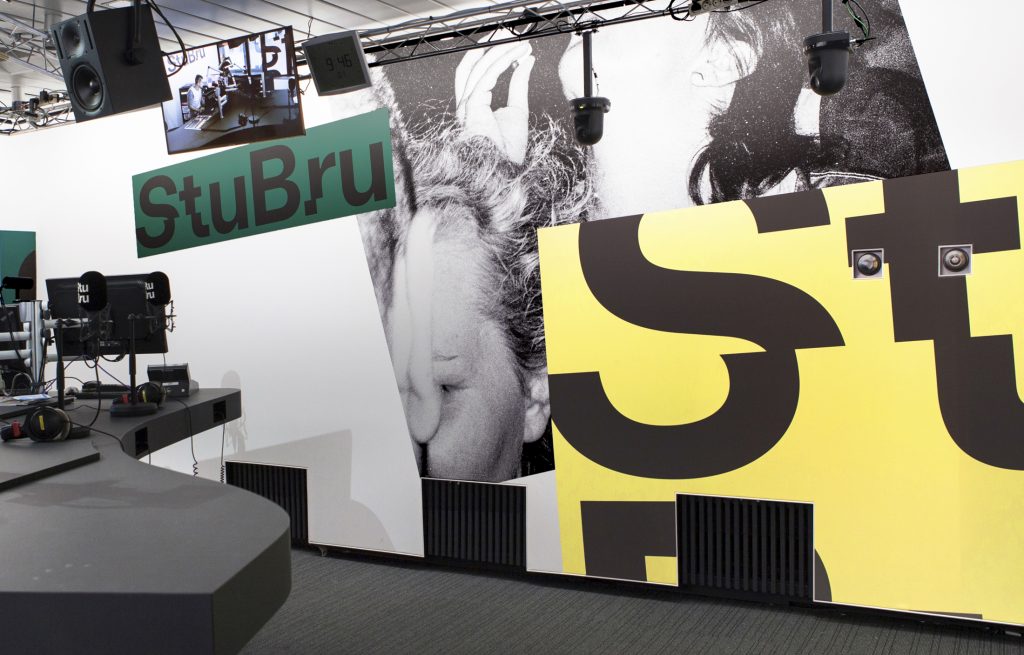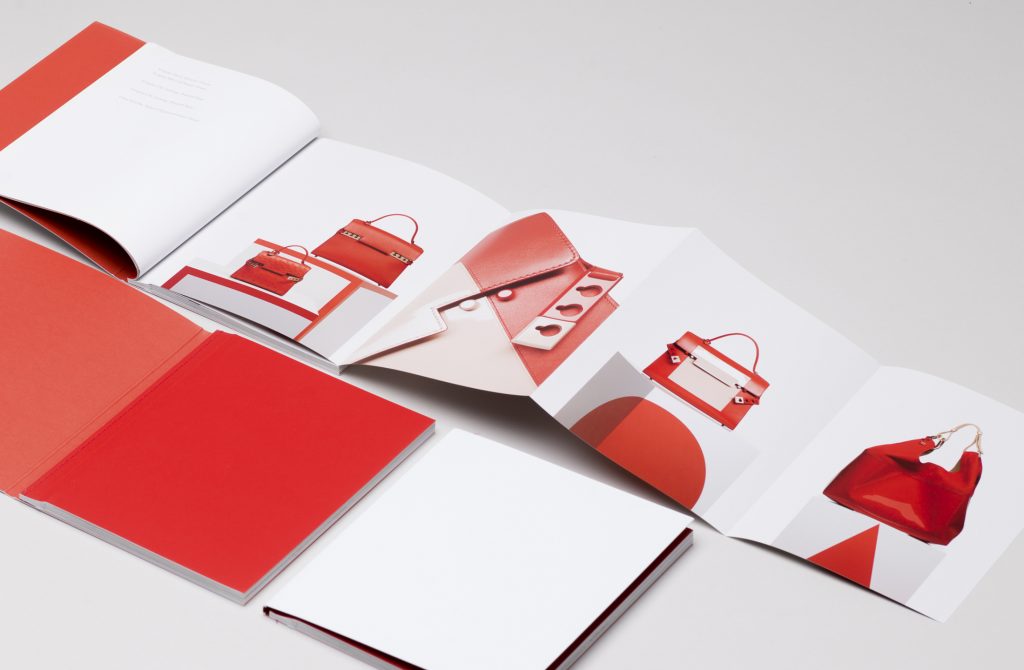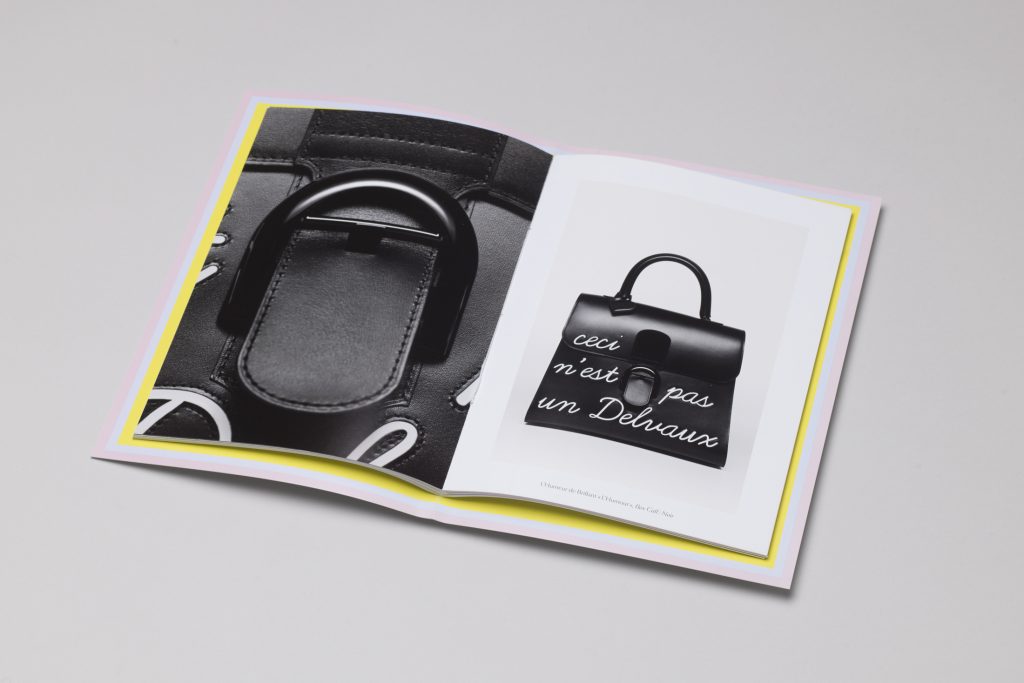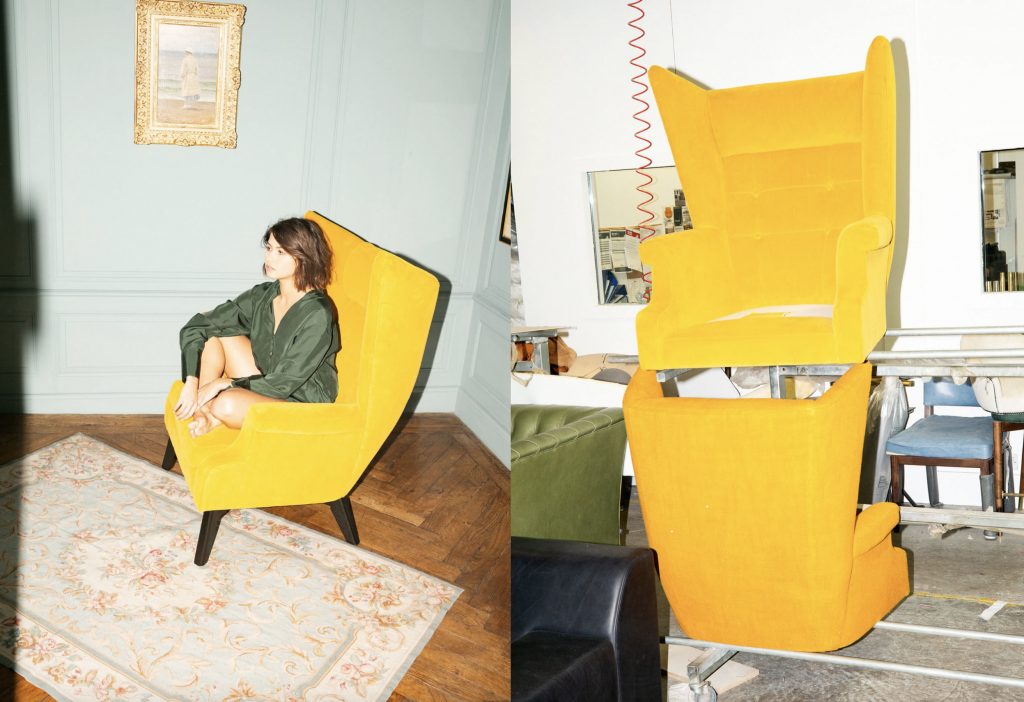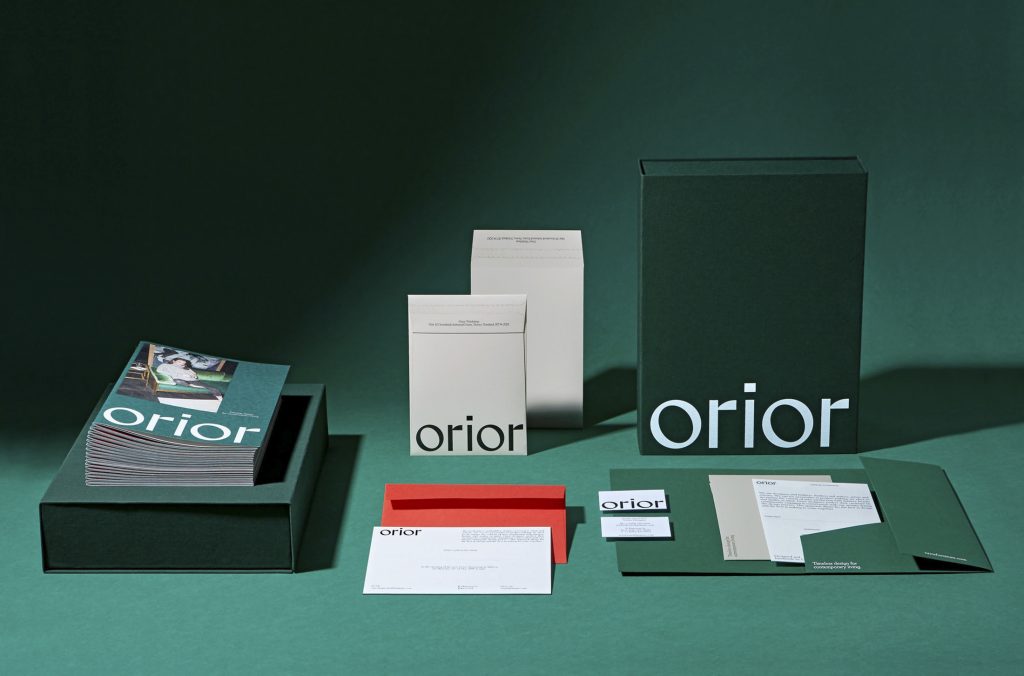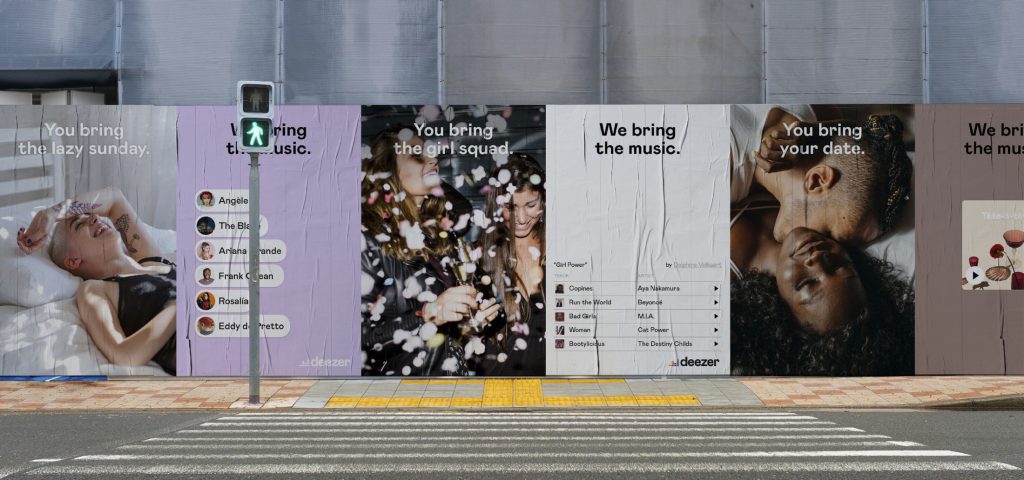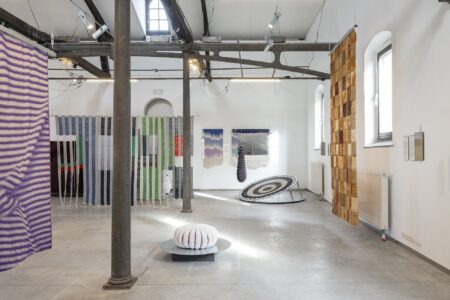Meeting Base Design
Dimitri Jeurissen, co-founder of Brussels-based but internationally active agency Base Design, gives us his vision of communication 2.0 and the new challenges that not only his clients, but his own studio, must face in the coming years.
TLmag: To create an identity for others, you must first be in phase with your own. Tell us about your journey.
Dimitri Jeurissen (DJ): Base Design is primarily a story of meetings. After I received my degree in graphic design from La Cambre Arts visuels, I began collaborating with Thierry Brunfaut and Juliette Cavenaille, at the end of the 1980s. We created a small studio, with just a room, a table, a landline telephone and a computer. We didn’t even have a business plan back then. We were naïve, but sincere in our approach. In the 1990s, in Belgium, unlike in the Netherlands, the graphic design culture was non-existent. We were starting from scratch.
TLmag: Base Design has offices in Brussels, but also New York, Melbourne and Geneva. Why these choices?
DJ: Here again, I have to talk about meetings. At the beginning of our journey, I met Geoff Cook, who became our business partner in New York. He encouraged us to set up there. Our development, including internationally, then proceeded step by step. Our collaboration with New York’s Museum of Modern Art obviously played a part in establishing our reputation on the USA market, but also in Belgium. Afterwards, we were fortunate to develop a portfolio of clients in diverse yet complimentary sectors. We create cultural, corporate and business communications projects.
TLmag: Your job is to create brands. But what makes a strong brand?
DJ: I don’t believe it is only about visibility. What is important is building loyalty in a community around a project and strong values. The concept of the household name is very meaningful to me. I love when a brand or concept becomes a proper name. In Brussels, I’m specifically thinking about Bozar or Dandoy, labels that have become an integral part of our heritage. Their cultural relevance gives them true credibility as brands.
TLmag: You say that you “humanise companies”. What does that involve?
DJ: Over the past years, our profession has changed significantly. Before, brands bombarded people with messages. Today, there is a need for more subtlety. People are much better informed. They are looking for transparent and authentic brands. Our role is thus to support our clients in this sense. We encourage them to engage in some introspection, to understand who they are, how they are unique, and what values they stand for. A brand is rather like a person. It has an origin, a birthdate, values and habits that differentiate it from every other one. The identity we develop must reflect these aspects.
TLmag: Brands today all seem quite similar, while, conversely, consumers apparently want more and more personalisation. Why?
DJ: In communication, we often talk about “blanding”. To avoid offending anyone, many brands tend to stick to the known, reassuring codes. Digital communication tools, and the constraints linked to them, including the obligation to provide immediate readability on screens, accentuate these trends towards the anodyne. However, I am convinced that we are returning to more differentiation. Even key players in the banking sector, such as Degroof and Petercam, come to us to add more humanity in their communication.
TLmag: Tell us about the coaching you have done for Belgian designer Jean-Paul Lespagnard around the opening of his boutique Extra-Ordinaire?
DJ:: Sometimes a client comes to us with a need to channel their ideas; this was the case with Jean-Paul Lespagnard. What particularly interested me in this support mission was reflecting with him on the very essence of his project. Verbalising ideas to bring them to life is an integral part of our strategy. This project, like those we carried out for La Monnaie and Delvaux, also enabled me to contribute to the influence of Brussels, an aspect of my work that is particularly close to my heart.
TLmag: What trends do you find the most interesting right now in fashion and design?
DJ: Today, every structure has to position itself as a responsible enterprise. In theory, this is obvious, but to maintain it in the long-term requires daily effort. There is one point, however, that I must stress: while ecological issues are fundamental, beauty and aesthetics remain the core of our approach. As well as, I almost forgot, humour and affection.
TLmag: As the world changes, an agency like yours must keep evolving. In what direction?
DJ: The idea of change is integral to our profession, so we are prepared for this. Today, our clear aim is to perpetuate Base Design. We want to retain the freshness that has characterised us from the start. Through the years, we have been able to maintain a good balance between finances and a consistent quality of work. We have also built strong teams. So I can summarise our objective in three words: share, consolidate, inspire. And do this with our young staff members as well as our clients.
